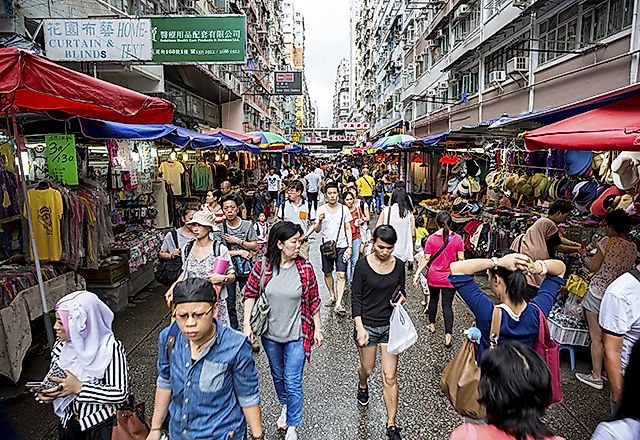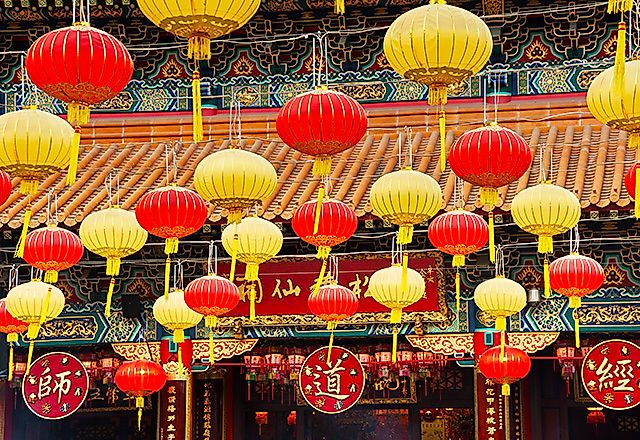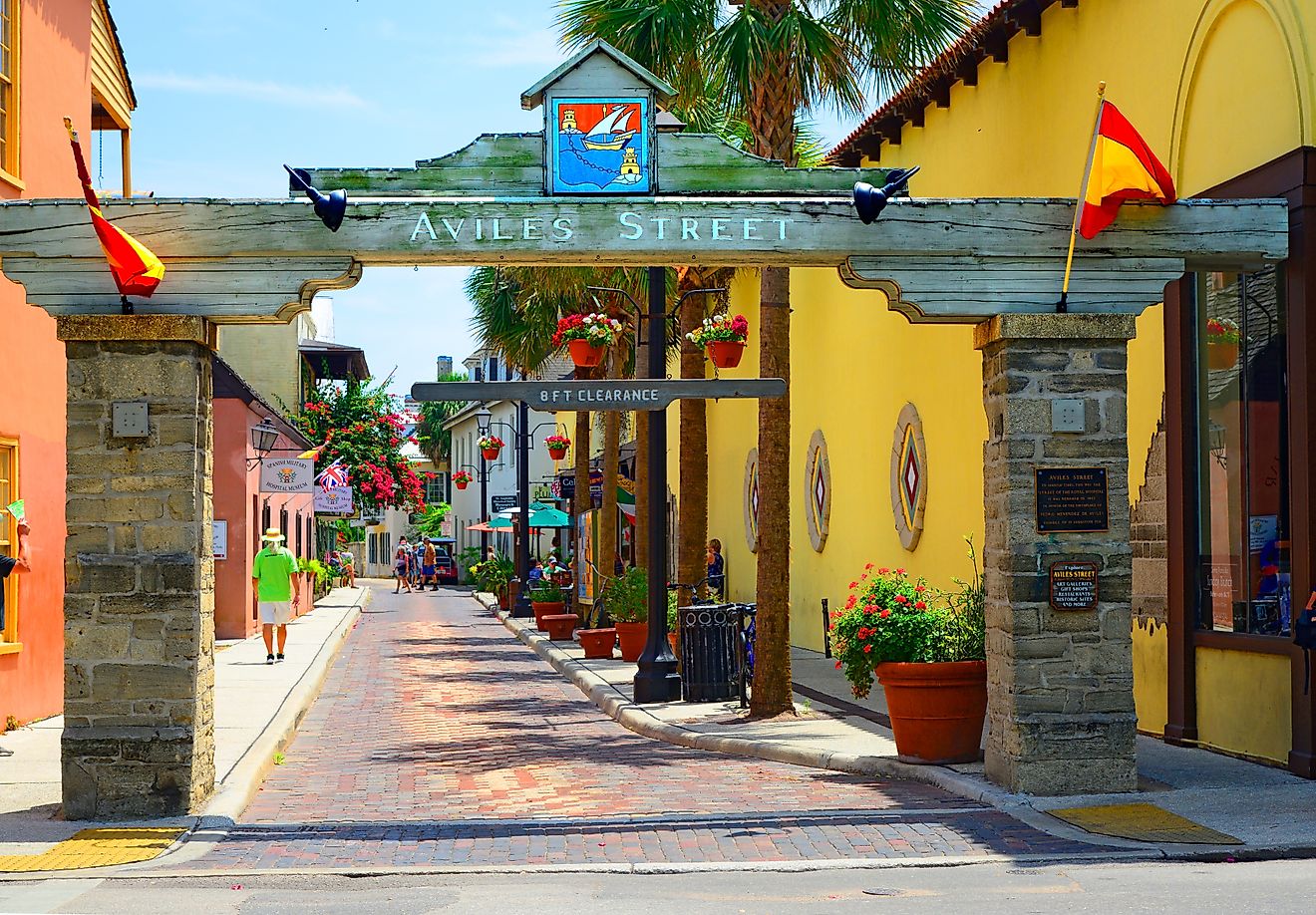Hong Kong Vistors Guide

Hong Kong is one of East Asia's important hub cities, and is where much of the globe connects with the Chinese mainland. As a cross roads of empires, it is a one-of-a-kind destination that has absorbed traditions and cultures from everywhere around the world, the West being no exception. Hong Kong is a former British colony, and your chances of finding an English speaker in Hong Kong are fairly high; Hong Kong's second spoken and written language is officially English.
While the people of Hong Kong are no strangers to Western language or culture, they still have a unique social rulebook that should be followed when visiting. While some small errors are expected and understood for visitors, the best way to make a good impression is by making the effort to understand and follow the etiquettes of this important harbour city.
Meeting and Greeting

When greeting a stranger in Hong Kong, handshakes are common. Offered like a standard American handshake, the greeting should also include a very slight bow of the head and shoulders. More intimate contact, such as kissing of the cheek or hugging, is not practiced in Hong Kong and is generally frowned upon.
Chinese names can be complicated for foreigners to understand, but here are some simple rules to remember; the family name comes first, followed by the father's name, followed by the given name. Don't worry if you can't remember that: all you need to do is address them by an appropriate honorific and their family name.
Be careful: using a first name without approval is considered rude. Some may adopt Western-style names and ask you to use them instead. At small gatherings, wait to be introduced; at large gatherings, feel free to make your own introductions.
While English is common and taught in Hong Kong from kindergarten through graduation, the working-class population may not always know enough (or any) English. The official spoken language of Hong Kong, Cantonese, has one word every traveler should learn: “M̀h'gōi." This word, which rhymes with the English word “boy" with a high, rising tone at the end, can be used to say “please," “thank you," and “excuse me" all in one; use it to be polite when ending a conversation or transaction.
Key Points:
- Unlike many Western styles, the Hong Kong handshake is rather light. Do not over squeeze.
- Hong Kong residents may lower their eyes during the greeting. This is a sign of respect, but does not need to be emulated. Avoid prolonged eye contact.
- Address strangers by their family name and an appropriate honorific.
- At small gatherings, wait for your host or hostess to introduce you to others.
- At large gatherings, feel free to introduce yourself to others.
- Use the Cantonese word “M̀h'gōi" to say “please," “thank you," and “excuse me."
Navigating a Crowd

Hong Kong has a population of over seven million. The city is immensely dense and populated, and it is considered normal to gently push your way through a crowd to get to your destination. This is so expected in fact, that saying “I'm sorry," or offering apologies as your navigate — or push — your way through a crowd is considered impolite. It might seem natural to use the aforementioned Cantonese word “M̀h'gōi" here, but avoid the impulse; using their language does not negate the rudeness.
Long queues are normal in Hong Kong during peak hours, especially at restaurants or bakeries. Like in the West, it is considered very rude to push your way through a queue; wait patiently!
Key Points:
- Gently push your way through a crowd.
- Do not offer apologies as you navigate crowded areas.
- Long queues are normal during peak hours and work the same as the ones in the West.
Gift Giving

Gifts are an important part of personal and business relationships in Hong Kong. Small gifts are expected for an initial meeting, especially if you are being honoured with a meal or being hosted by a local. If you are invited to someone's home, it is normal to bring a small gift of high quality candies, small fruits, bright flowers or imported liquors to the host or hostess. If you wish to give someone in Hong Kong a gift, always present and hand the gift to the receiver with two hands. If the receiver of the gift refuses, don't be offended: it is normal in Hong Kong for gifts to be refused once or twice before finally being accepted; just offer it to them again after the initial refusal(s).
Key Points:
- Gifts are never opened in front of the gift giver.
- Use elaborate wrapping paper; gold and red make the best gift wrapping colours, as they are considered lucky.
- A small gift for the host or hostess's children is normal though not expected.
- Do not give cutting utensils as gifts; they indicate you wish to sever ties with the other person.
- Do not make a gift of a clock or watch; bandana or handkerchief; or straw sandals. These items as associated with funerals, and thus death.
- Do not give a man a gift of a green hat. It is a symbol of infidelity on the part of his wife.
Dining Etiquette

Table manners in Hong Kong are fairly relaxed when put side-by-side with other cultures, but there are still mannerisms to attend to. If you are in doubt whether you are about to make an error, feel free to sit back and observe others first; there is no error that can be made by doing nothing at the table.
Tea is a staple at Hong Kong's tables, and is usually served by the pot. It is considered impolite to fill your teacup first; fill the teacups of everyone at easy reach first, even if their cups are not empty. To get your teapot refilled, simply leave the lid of the teapot half open — the waiter will take the hint. It is not considered rude to ask directly if they do not notice after some time has passed.
Key Points:
- Wait to be seated — there is probably a seating plan.
- Wait for your host to start eating, or for him to tell you to start eating, before digging in.
- The host should give the first toast. You can toast later on in the meal.
- Food is often served on a rotating tray, and you will be expected to try everything (barring allergies or other problems).
- Blowing on hot soup to cool it down is considered okay to do at the table.
- Do not keep chopsticks in hand when you stop to speak or drink tea. Put them down on the provided chopstick rest, or on the table.
- It is considered polite to refuse a second serving at least once. Don't worry; they'll offer again.
- Do not empty your bowl; leave a small amount of food. An empty bowl implies the host did not feed you well enough.
Hopefully this guide will serve you well for your visit to Hong Kong. Do not lose hope if it seems complicated: foreigners are given a lot of leeway in these matters, and no one expects you to have perfected them all. With some help from this guide, you can make a good first impression.











